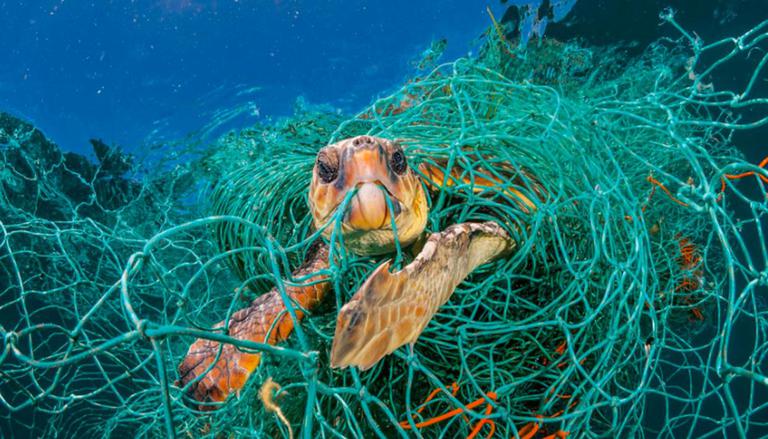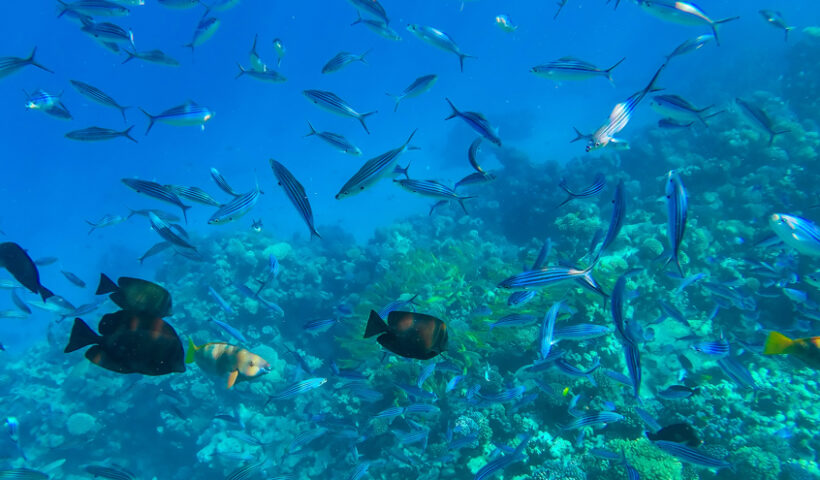The state of the world’s oceans continues to deteriorate. As new threats to the health and viability of the oceans
emerge, most of the problems identified decades ago have still not been solved and many have become worse,
according to a study carried out in 2001 by the United Nations Joint Group of Experts on the Scientific Aspects
of Marine Environmental Protection. At risk are the vast resources of the oceans and the many economic benefits that humanity derives from them, estimated to be about $7 trillion per year.
Coastal areas — the most productive marine environments — are the most affected. Currently more than
half of the world’s population lives within 100 kilometers of the coast, with two thirds of all cities with over
2.5 million inhabitants. By 2025, it is expected that 75 per cent of the world’s population will live in coastal
areas.
Tag: marine environment
The Law of the Sea and the Protection and Preservation of the Marine Environment
The Law of the Sea and the Protection and Preservation of the Marine Environment, How can we protect marine life from degradation?, How can we protect our marine environment?, marine environment, marine environment under the LOSC, Protection and Preservation of the Marine Environment, protection of the marine environment, UNCED, What are the obligations to protect and preserve the marine environment?, Why is it important to protect the marine environment?
View More The Law of the Sea and the Protection and Preservation of the Marine EnvironmentEnvironmental Factors as a RELEVANT CIRCUMSTANCES in delimitation process in law of the sea and customary international law
While protection of the marine environment is a matter of important concern, the existing case law seems to pay little attention to environmental concern in the context of maritime delimitations. In the Gulf of Maine case, the United States relied on environmental factors to justify an equitable maritime boundary. However, the Chamber of the ICJ discarded the ecological criterion primarily because such a criterion was inconsistent with the ‘neutral criteria’ for drawing a single maritime boundary. Usually environmental considerations have played little, if any, role in agreements concerning maritime delimitations.. Environmental Factors as a RELEVANT CIRCUMSTANCES in delimitation process in law of the sea and customary international law, delimitation process, Environmental Factors, equitable maritime boundary, Gulf of Maine case, marine environment, maritime boundary, relevant circumstances
View More Environmental Factors as a RELEVANT CIRCUMSTANCES in delimitation process in law of the sea and customary international law


